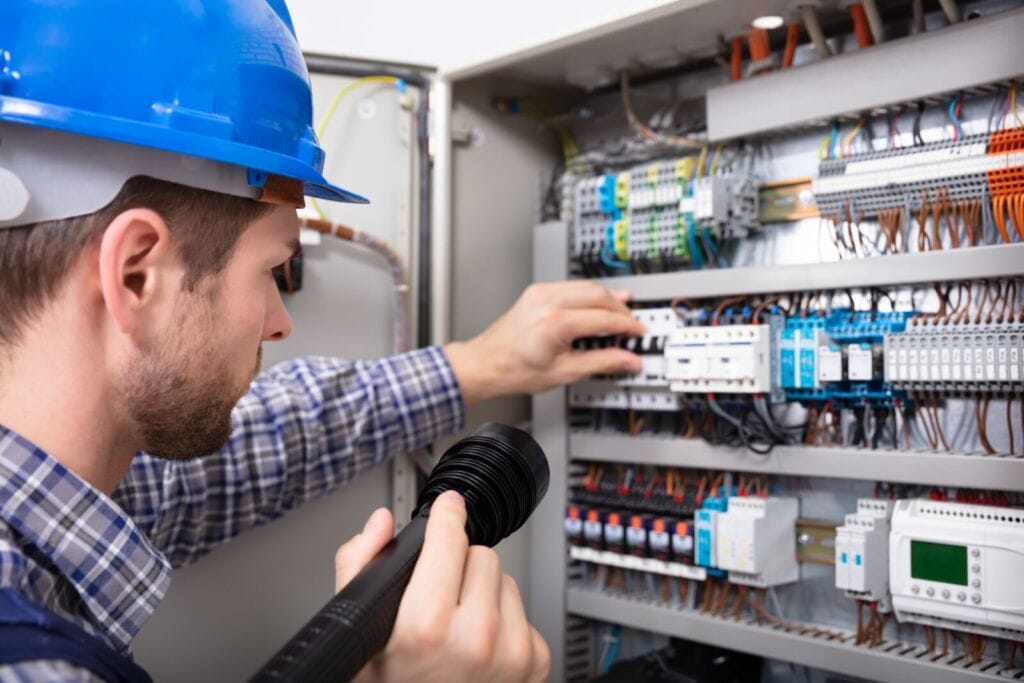The importance of having a reliable backup generator cannot be overstated. When a power outage strikes in your home or business premises, a generator can be a lifesaver. Generator installation is a job that is best handled by professional electricians. If you’re considering installing a generator, it is important to understand the role of an electrician in the whole process.
At Mr. Electric of Katy, we pride ourselves on offering professional generator installation services to both homeowners and businesses. If you’re looking for a professional electrician in Katy to help you with generator installation, we are one phone call away. In today’s blog post, Mr. Electric of Katy explains the role of an electrician in generator installation and services.
- Electrical Assessment
The installation process begins with a comprehensive electrical assessment to determine its capacity and suitability for handling the generator’s output. The electrician will review your electrical panel, understand your typical usage, and determine the available space for generator installation. They will consider factors like ventilation requirements and noise mitigation to ensure optimal placement of the generator.

- Generator Sizing and Selection
Once the electrician has performed an electrical assessment, they will conduct a power needs assessment to determine the appropriate size generator for your needs. They will consider your typical electrical usage and recommend a suitable generator type. This is one of the most important aspects of the installation process, as it determines the overall functionality of the generator. There are several issues that can arise if you have a generator that’s not the right size, including overloading and underloading. Getting the right size generator is important for both safety and efficiency. A qualified electrician will recommend a generator with the appropriate capacity to meet your critical loads during a power outage.
- Code Compliance
When it comes to generator installation, there are certain codes that must be followed. Electricians are well-versed in the National Electrical Code (NEC) and any local building codes that govern generator installations. They will ensure the entire installation adheres to all safety regulations, including proper grounding, transfer switch installation, and connection to the existing electrical system. A non-compliant installation can create safety risks.
- Installation and Wiring
After obtaining all the approvals, the electrician will physically install the generator and handle all the electrical wiring. They will connect the generator to the transfer switch and your home’s electrical panel. This ensures the safe and proper integration of the generator’s power into your existing electrical system.

- Testing and Commissioning
Once the installation is complete, the electrician will conduct comprehensive testing to verify the functionality and safety of the entire system. This includes testing the generator’s output, transfer switch operation, and ensuring proper power flow during a simulated outage scenario. The electrician in Katy will safely start the generator and demonstrate its operation. They will explain how to use the transfer switch to switch between utility power and generator power during an outage.
- Ongoing Maintenance and Support
The role of an electrician goes beyond the installation process. They will also help with ongoing maintenance to ensure the generator works properly. An electrician in Katy can recommend a maintenance schedule and perform necessary tasks like checking oil levels, inspecting filters, and ensuring proper operation. If you’re looking for a qualified and experienced electrician in Katy offering generator installation services, reach out to Mr. Electric of Katy.




